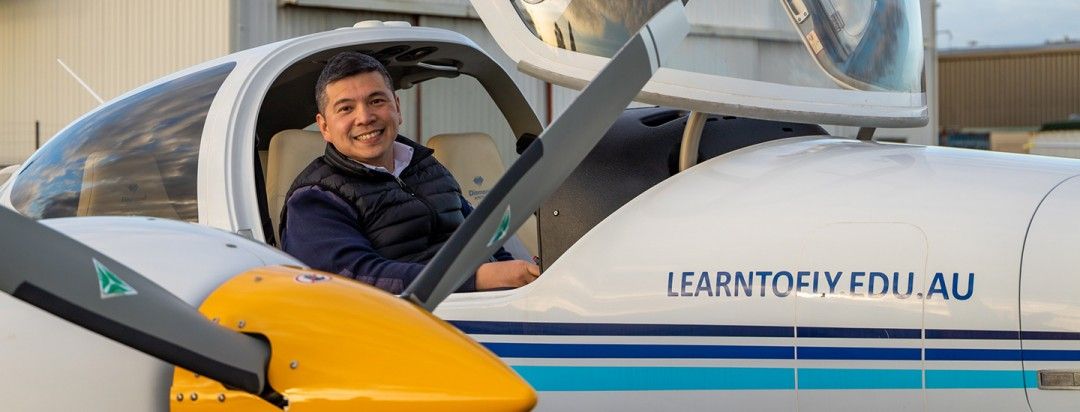When it comes to passing your flight instructor rating course, you will be relying on your accumulated skill and experience in order to succeed with flying colours.
" title="YouTube video player" frameborder="0" allow="accelerometer; autoplay; clipboard-write; encrypted-media; gyroscope; picture-in-picture; web-share" referrerpolicy="strict-origin-when-cross-origin" allowfullscreen>
When it comes to passing your flight instructor rating course, you will be relying on your accumulated skill and experience in order to succeed with flying colours. However, once you become a flight instructor, teaching flight students requires you to rely on more than just your previous experience and skill.
Each flight instructor has their own personality and teaching style, yet all must possess these following characteristics in order to become an efficient flight instructor:
Patience is a virtue
Teaching a student how to pilot and fly an aircraft heavily relies on the importance of communication. The more nervous a student; the more questions they will ask. This is where having a great deal of patience comes into play. If the flight instructor snaps or shouts at a student in frustration, the student will be much more hesitant to ask questions.
You must be a patient instructor and understand that each student learns at a different pace. Lessons on Primary Methods of Instruction (PMI) help with developing these skills.
Punctuality is key
Being punctual is another crucial characteristic to possess in order to be an efficient flight instructor. Students tend to adopt the same qualities and traits of their trainers when learning, so being punctual is extremely important. Punctuality also demonstrates a high level of discipline.
This level of discipline is also required to build and maintain a career as a pilot in the world of aviation, and it all starts with learning from a disciplined and punctual flight instructor.
A passion for teaching
Being passionate about teaching is one of the most important traits to possess. Some trainers pursue their flight instructor rating just to help build up their required flight time hours. This can result in flight trainers that lack the required passion for effectively teaching their students.
Having a passion for teaching students how to fly results in an instructor who is willing to ensure that each of their students is getting the attention they need. Try to communicate the same level of passion you have for flying to your students.
Pre-flight briefing
Just like a post-flight debrief, conducting a pre-flight brief with each student is important for their development. This is the opportunity for the student to ask any questions they may have before piloting the aircraft and for the trainer to ensure they are fully prepared before take off. It’s also an ideal time for a flight instructor to refresh the student’s memory of previous flight knowledge and maneuverers.
Post-flight debriefing
A characteristic of a reliable and skilled flight instructor is someone who chooses to stay with the student after landing for a detailed post-flight debrief. The post-flight debrief is a crucial moment for a flight student to ask questions about their performance and receive constructive feedback in regards to any mistakes that were made. Post-flight debriefs are vital for the improvement of a student and to further their understanding on their current skill level.
Pre-flight briefing
Just like a post-flight debrief, conducting a pre-flight brief with each student is important for their development. This is the opportunity for the student to ask any questions they may have before piloting the aircraft and for the trainer to ensure they are fully prepared before take off. It’s also an ideal time for a flight instructor to refresh the student’s memory of previous flight knowledge and maneuverers.
These important characteristics will not just help you pass your flight instructor rating course but are also extremely crucial for becoming an effective flight instructor. Keep these factors in mind and ensure that you are efficiently teaching the new generation of pilots!





